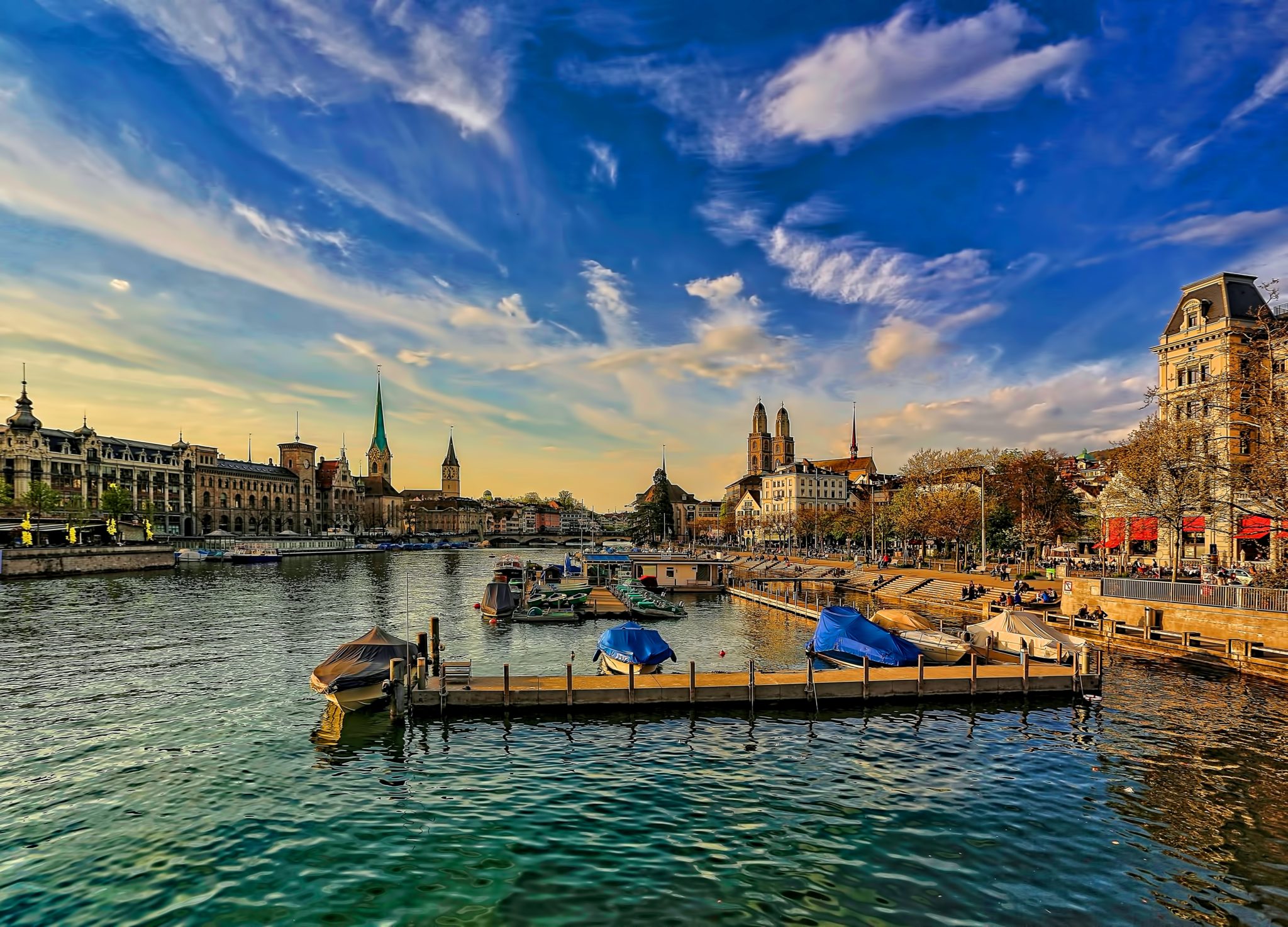This is very informative and well done video. Check it out.
External Content
youtu.be
Content embedded from external sources will not be displayed without your consent.
Through the activation of external content, you agree that personal data may be transferred to third party platforms. We have provided more information on this in our privacy policy.

 )
)

